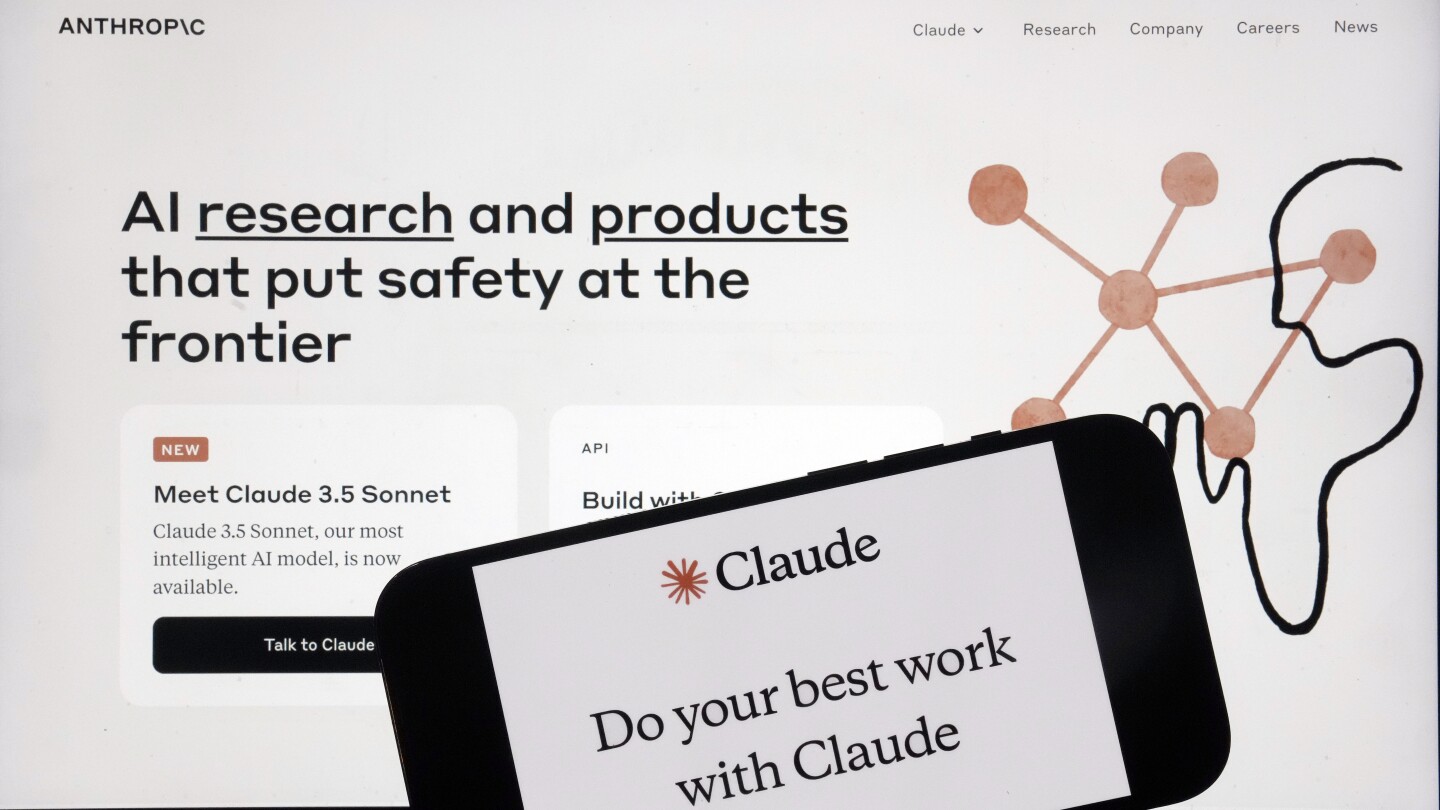The rise of artificial intelligence (AI) has brought about significant advancements, but it has also raised serious legal questions. Recently, a group of authors filed a lawsuit against Anthropic, the company behind the AI chatbot Claude. This landmark case could have profound implications for copyright law and the future of AI-generated content.
Authors Take a Stand
The lawsuit against Anthropic alleges that Claude AI chatbot has been trained on copyrighted materials without permission. The authors argue that Claude can generate text that closely resembles their original works, potentially infringing on their copyrights. This case highlights a growing concern in the literary community about the unauthorized use of their creations by AI systems.
Understanding the Implications
As AI technologies evolve, the question of authorship becomes increasingly complex. The authors claim that Anthropic’s actions not only violate their rights but also undermine the value of their intellectual property. They contend that allowing AI to replicate their work without compensation sets a dangerous precedent for creative industries. Moreover, this lawsuit could redefine how copyright law applies to AI-generated content. If the court rules in favor of the authors, it may establish a new standard for how companies like Anthropic must handle copyrighted materials during the training of AI models. This could lead to stricter regulations and potentially impact the entire AI industry.
The Broader Context of AI and Copyright
This case is not isolated; it follows a series of similar lawsuits involving AI and copyright issues. Earlier this year, several authors also took legal action against OpenAI, the creator of ChatGPT, for similar reasons. These legal battles underscore the urgent need for clarity on copyright laws in the context of AI technologies. The ongoing discussions around AI ethics and copyright highlight the importance of protecting creators’ rights in an increasingly digital world. As AI continues to advance, both creators and companies must navigate the fine line between innovation and intellectual property rights.
The Future of AI and Copyright Law
As the legal proceedings unfold, the outcome of this lawsuit will likely influence future AI developments. If the court supports the authors’ claims, it could open the door for more stringent requirements on how AI companies obtain and use copyrighted materials. Conversely, a ruling in favor of Anthropic may signal a more permissive environment for AI development, which could lead to further disputes. In conclusion, the lawsuit against Anthropic represents a critical moment in the intersection of AI technology and copyright law. As authors fight to protect their rights, the implications of this case will resonate throughout the AI landscape, shaping the future of creative content and its relationship with artificial intelligence.

